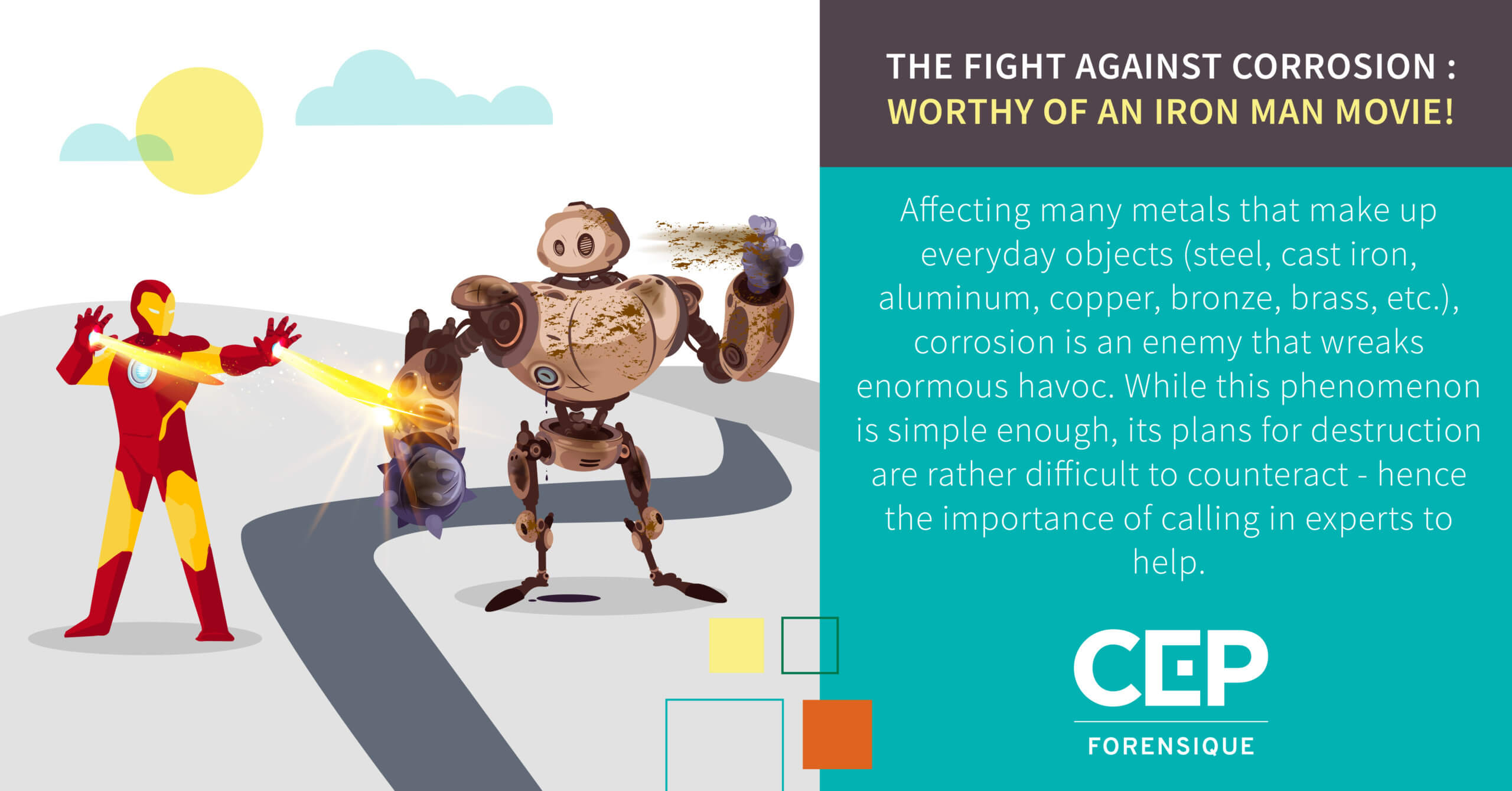Corrosion of character refers to the gradual deterioration or decay of a person's moral values, integrity, and sense of right and wrong. It can happen to anyone, regardless of their social status, education, or upbringing. It is a natural process that occurs as a result of a person's actions, choices, and the influences they are exposed to.
There are many factors that can contribute to the corrosion of character. One of the most significant is the lack of strong moral foundations. If a person does not have a clear understanding of what is right and wrong, they are more likely to make poor decisions and engage in unethical behavior. This can be the result of a lack of guidance, inadequate parenting, or a lack of exposure to positive role models.
Another factor that can contribute to the corrosion of character is the influence of negative peers. When a person surrounds themselves with individuals who engage in unethical behavior or have questionable values, they are more likely to adopt those same behaviors and values. This is especially true for young people who are still developing their moral compass and are more susceptible to peer pressure.
In addition to external influences, personal choices and decisions can also play a role in the corrosion of character. When a person makes poor decisions, they may gradually become more comfortable with engaging in unethical or immoral behavior. This can be the result of a desire for personal gain, the influence of selfish motivations, or a lack of consideration for the impact of their actions on others.
The corrosion of character can have serious consequences, both for the individual and for society as a whole. It can lead to a lack of trust, loss of reputation, and strained relationships with others. It can also have wider implications, such as the erosion of social norms and the breakdown of societal values.
To prevent the corrosion of character, it is important for individuals to have strong moral foundations and to surround themselves with positive role models. It is also crucial for individuals to make conscious decisions and to consider the long-term consequences of their actions. Finally, it is important for society as a whole to promote and model ethical behavior, as this can help to create a culture that values integrity and moral values.
In conclusion, corrosion of character is a process that can affect anyone and can have serious consequences. It is important for individuals to be aware of the factors that can contribute to the erosion of their moral values and to make conscious efforts to prevent it. By fostering strong moral foundations, surrounding ourselves with positive influences, and making ethical decisions, we can work to preserve our character and contribute to a more just and ethical society.






